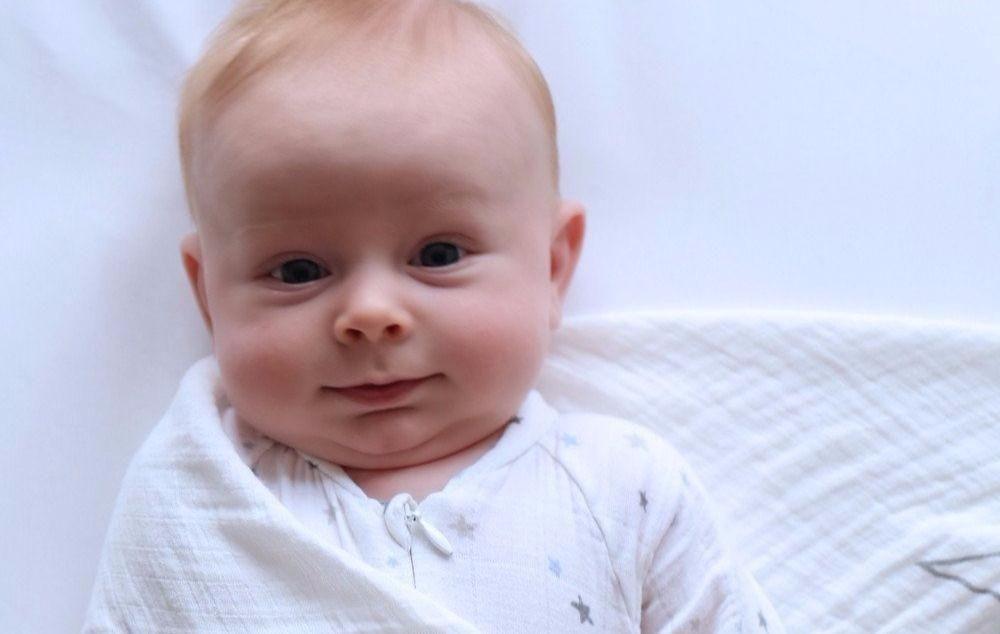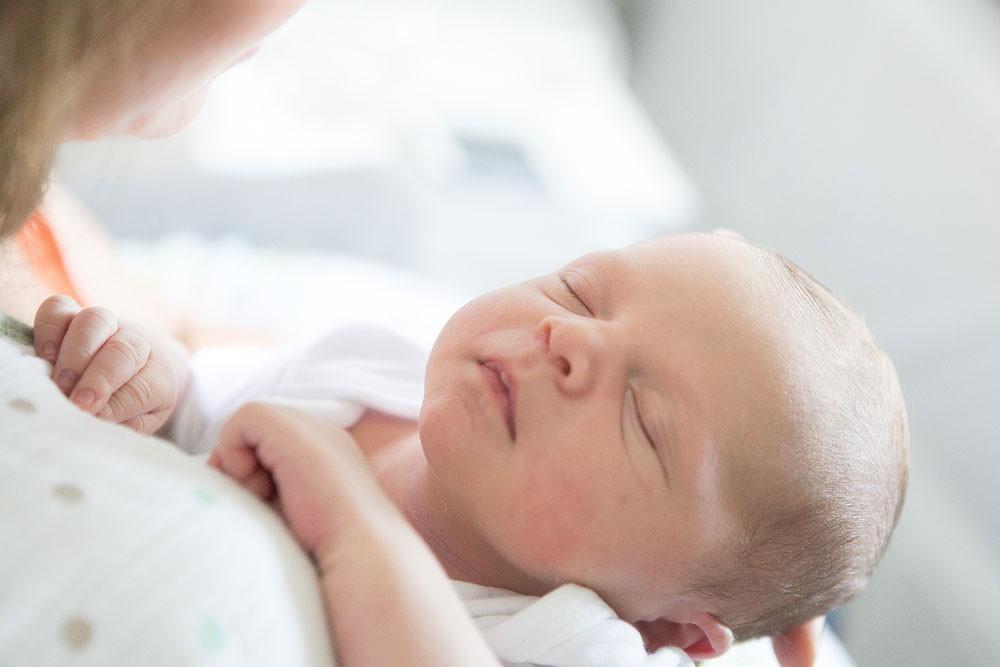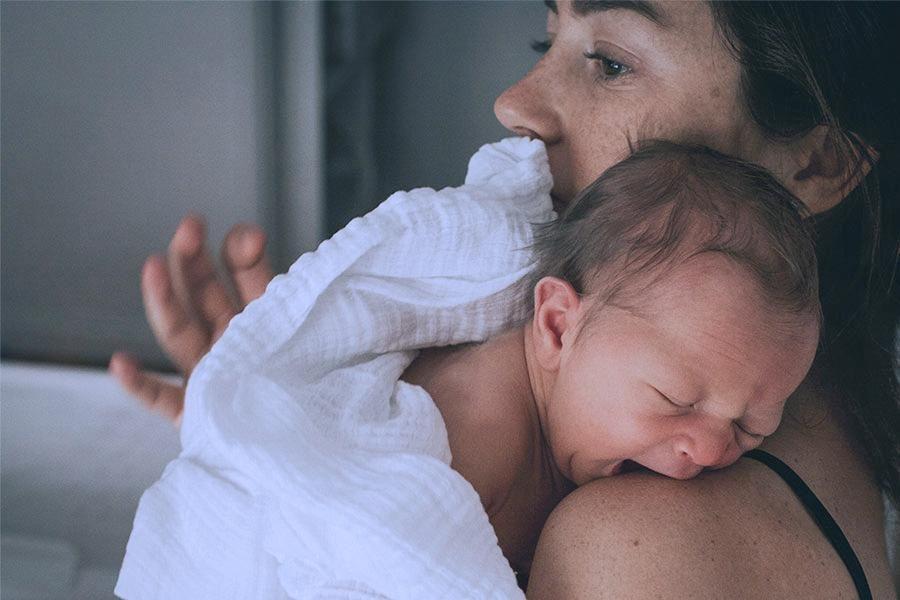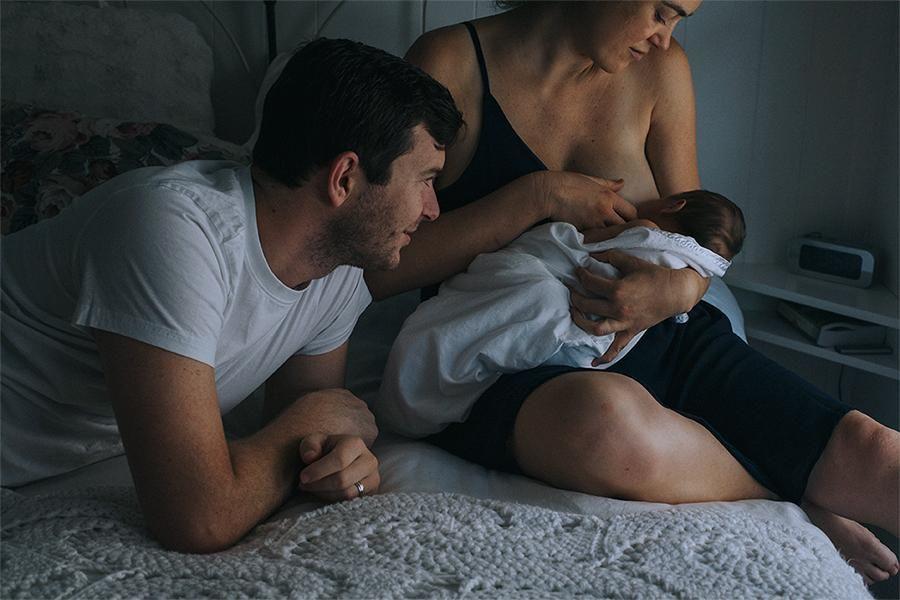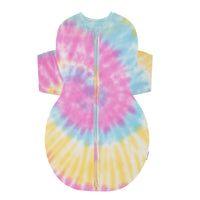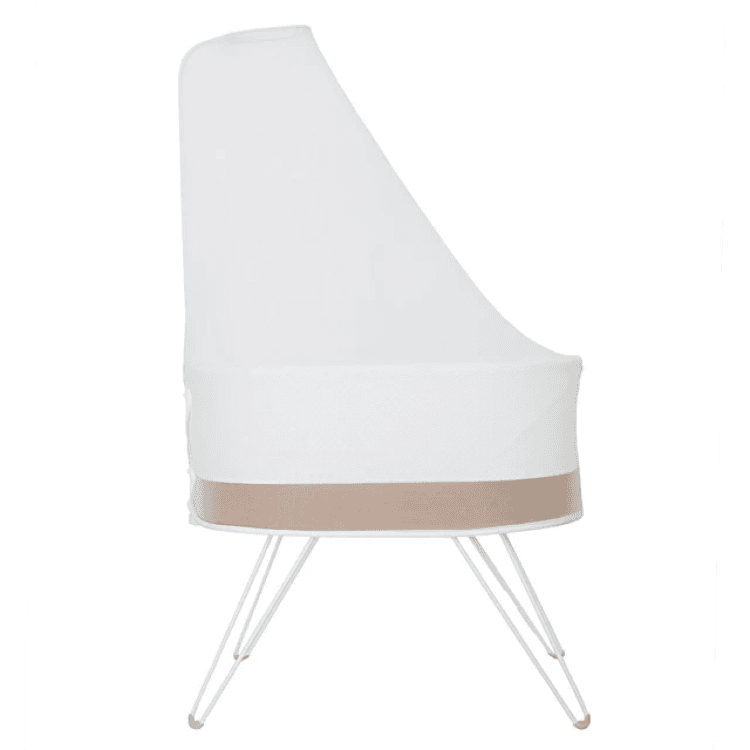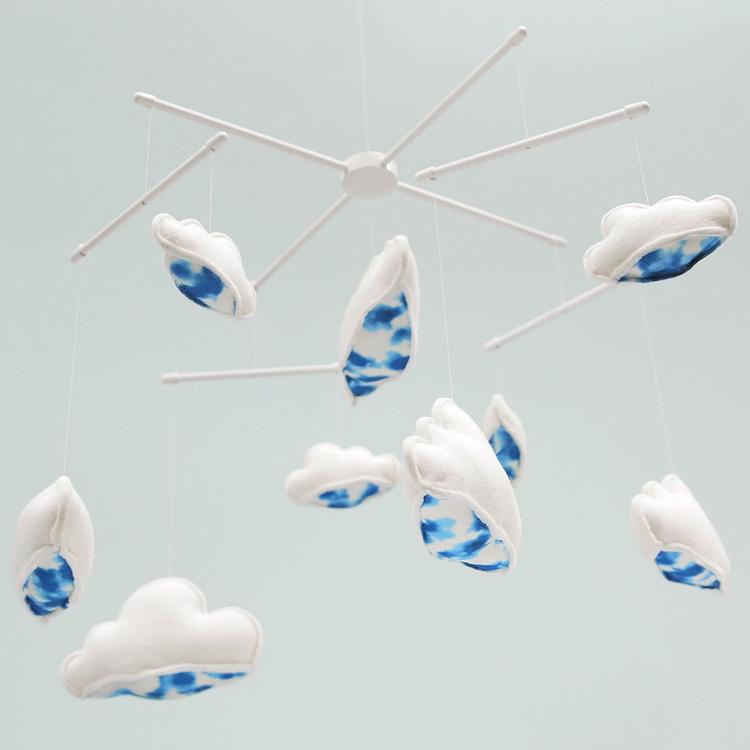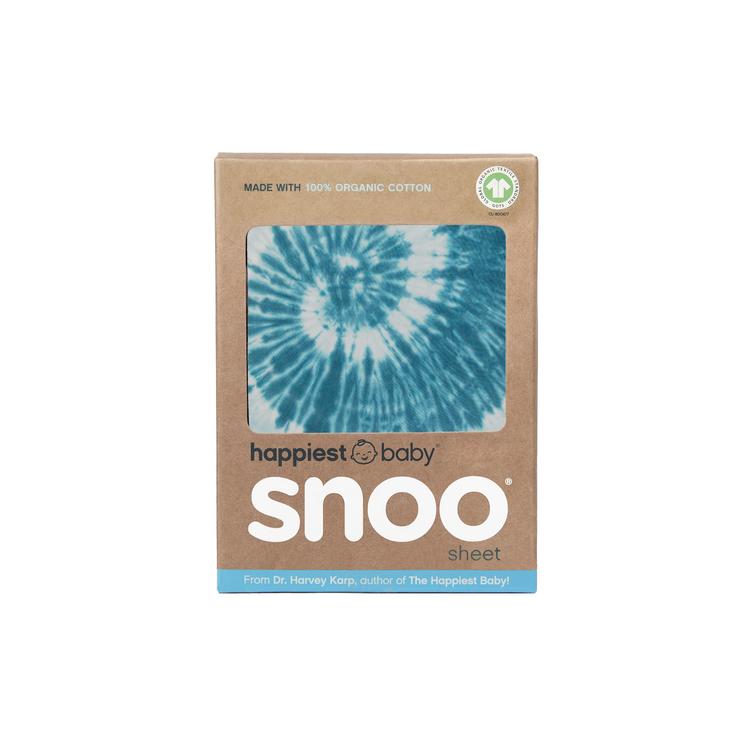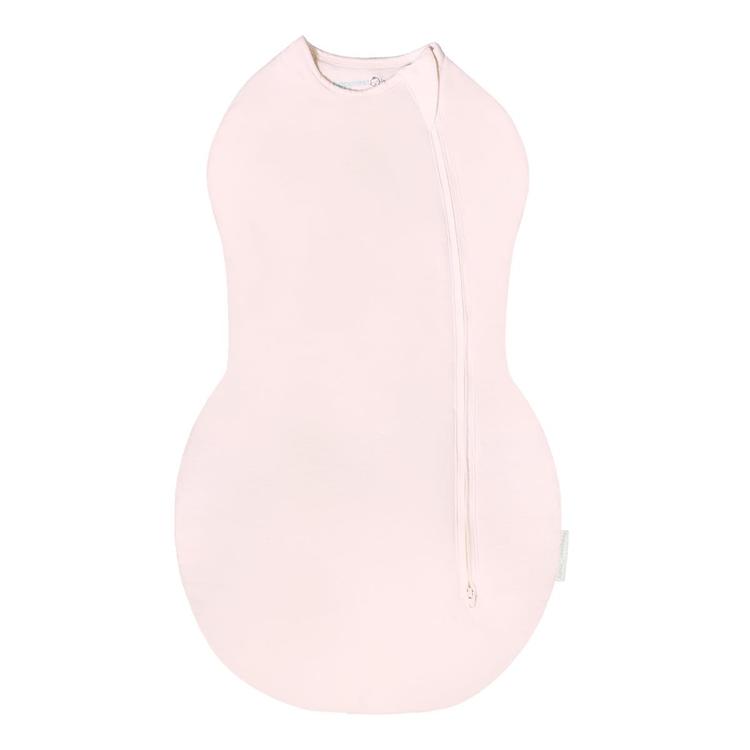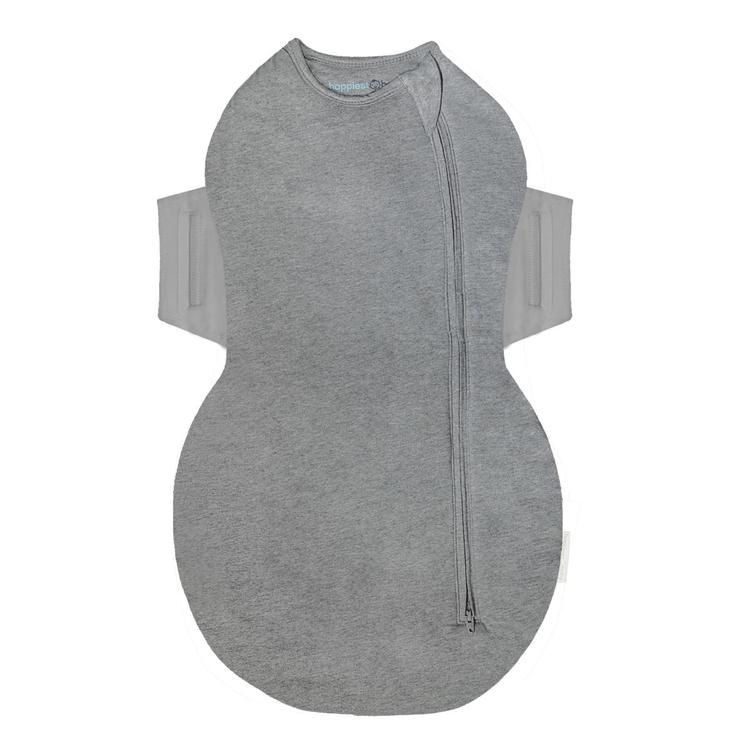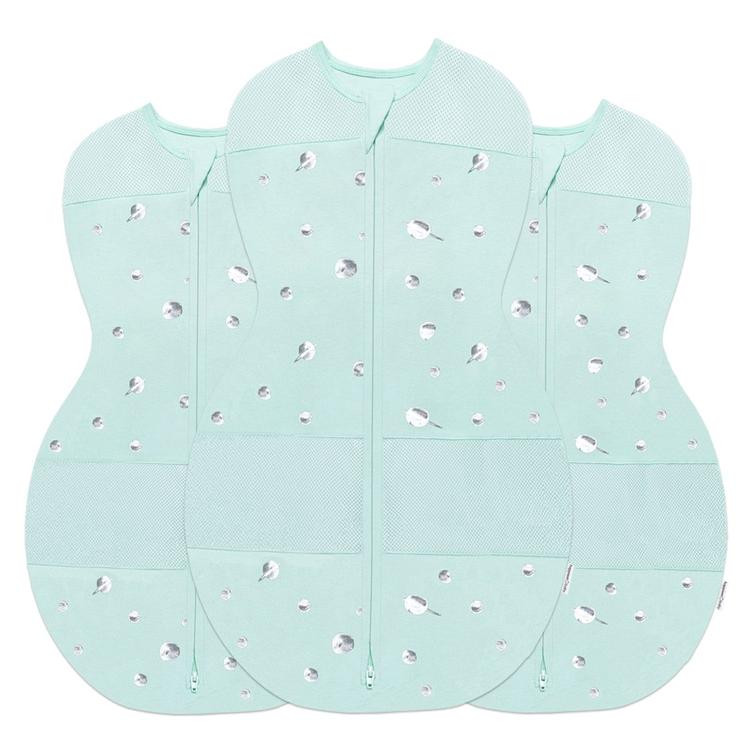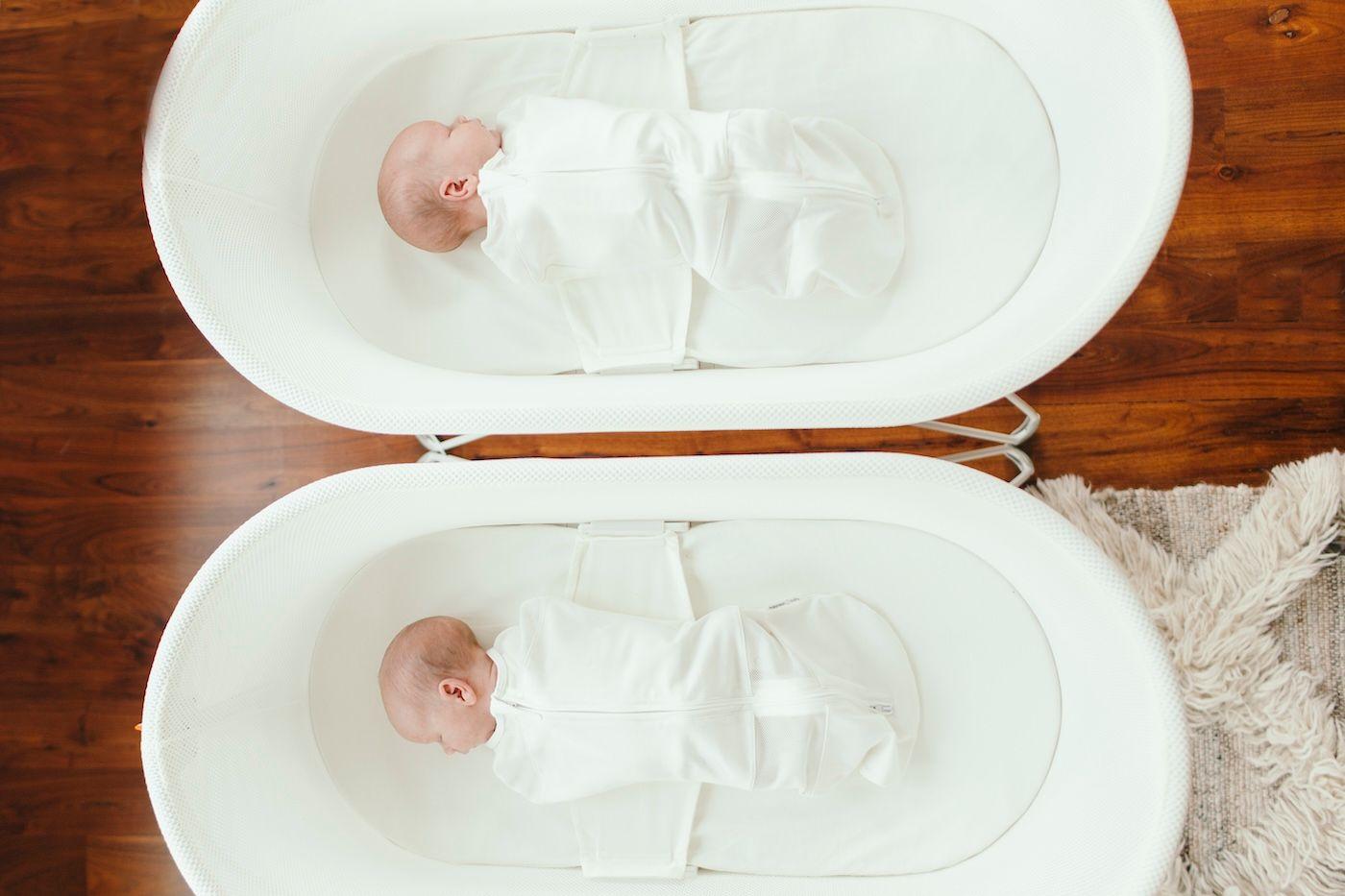PREGNANCY
When Is the Best Time to Have a Baby Shower?
Before you nail down a theme, you’ve gotta pick a date!
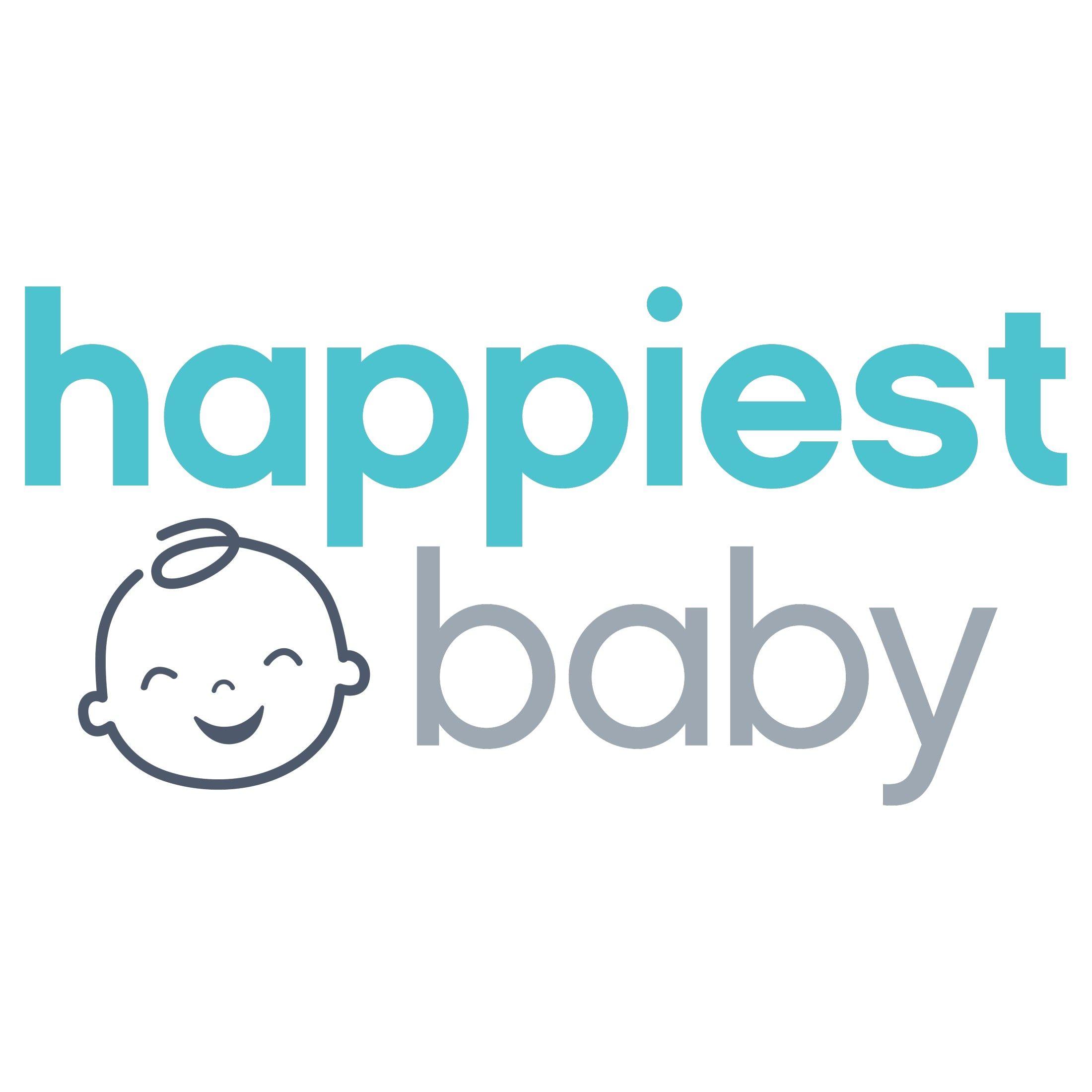
Written by
Happiest Baby Staff

You’re planning a baby shower! Your head is probably already spinning with themes, creative confections, and guest-pleasing games. But first, you’ve got to settle on a date! And with the parent-to-be due to pop at some point, you’ve got a limited window to work with. So, when is the perfect time to host a baby shower? While there’s no one-size-fits-all answer, here’s what to take into consideration as you narrow down a date for this special occasion.
The Traditional Sweet Spot: Around 28 to 32 Weeks
Most baby showers take place in the early third trimester, typically between 28 and 32 weeks. This window is the Goldilocks zone! By this stage, the pregnancy is well underway and usually visibly showing (hello, bump photos!), but it’s still early enough that the expectant parent can comfortably join in the fun.
Pros: Plenty of time to plan, send out invitations, and receive registry items. The parent-to-be is usually still energetic enough to mingle and enjoy the day.
Things to consider: Scheduling a little earlier (around 28 weeks) can be a smart move for those expecting multiples or who may be at risk of early delivery.
Earlier Showers: Second Trimester Celebrations
If travel, weather, or health concerns are a factor, some families opt for an earlier baby shower—around 20 to 24 weeks. This can be a practical choice for military families, those with guests travelling long distances, or parents facing pregnancy complications who would rather not leave things too late.
Pros: More flexibility for out-of-town guests and a lower risk of last-minute cancellations due to early labour.
Things to consider: It might feel a bit soon to dive into newborn prep when the due date is still months away.
Later Showers: Close to the Due Date
Occasionally, showers are held closer to the 35- to 37-week mark. While this gives guests a better idea of what the baby might need (especially for second or third children), it does carry the risk that you may need to cancel plans if the little one arrives ahead of schedule!
Pros: Parents are deep in baby prep mode, and there’s often a lovely buzz of anticipation in the air.
Things to consider: There's a greater chance the baby might arrive early—or that the expectant parent may be too uncomfortable or fatigued to truly enjoy the celebration.
Post-Baby Showers: Meet the Little One!
Who says baby showers have to happen before the guest of honour arrives? Some families opt for a “sip and see” after the baby is born. This is especially common for second-time parents or in cultures where pre-birth celebrations aren’t the norm.
Pros: Guests get to meet the baby, and parents can share what they still need (based on real-life experience).
Things to consider: Newborn care, postnatal recovery, and sleep deprivation can make hosting tricky—so keep it casual and low-key…or plan for a time well beyond those tender early weeks.
Other Timing Tips to Keep in Mind
Seasonal considerations: If you’re due in the middle of summer or the depths of winter, you might prefer to schedule your shower in a milder month.
Host availability: Sometimes the best date is simply when your loved ones can gather.
Virtual options: If family and friends are spread far and wide, consider a virtual shower or hybrid format—timing can be more flexible here, too!
Whether you’re planning a third-trimester bash, a quiet online shower at 20 weeks, or a post-birth party once baby arrives, there’s no wrong choice. It’s all about gathering your village to support and celebrate your growing family.
Disclaimer: The information on our site is NOT medical advice for any specific person or condition. It is only meant as general information. If you have any medical questions and concerns about your child or yourself, please contact your health provider. Breastmilk is the best source of nutrition for babies. It is important that, in preparation for and during breastfeeding, mothers eat a healthy, balanced diet. Combined breast- and bottle-feeding in the first weeks of life may reduce the supply of a mother's breastmilk and reversing the decision not to breastfeed is difficult. If you do decide to use infant formula, you should follow instructions carefully.
SHARE THIS ARTICLE
PARENT PICKS
Bestsellers

